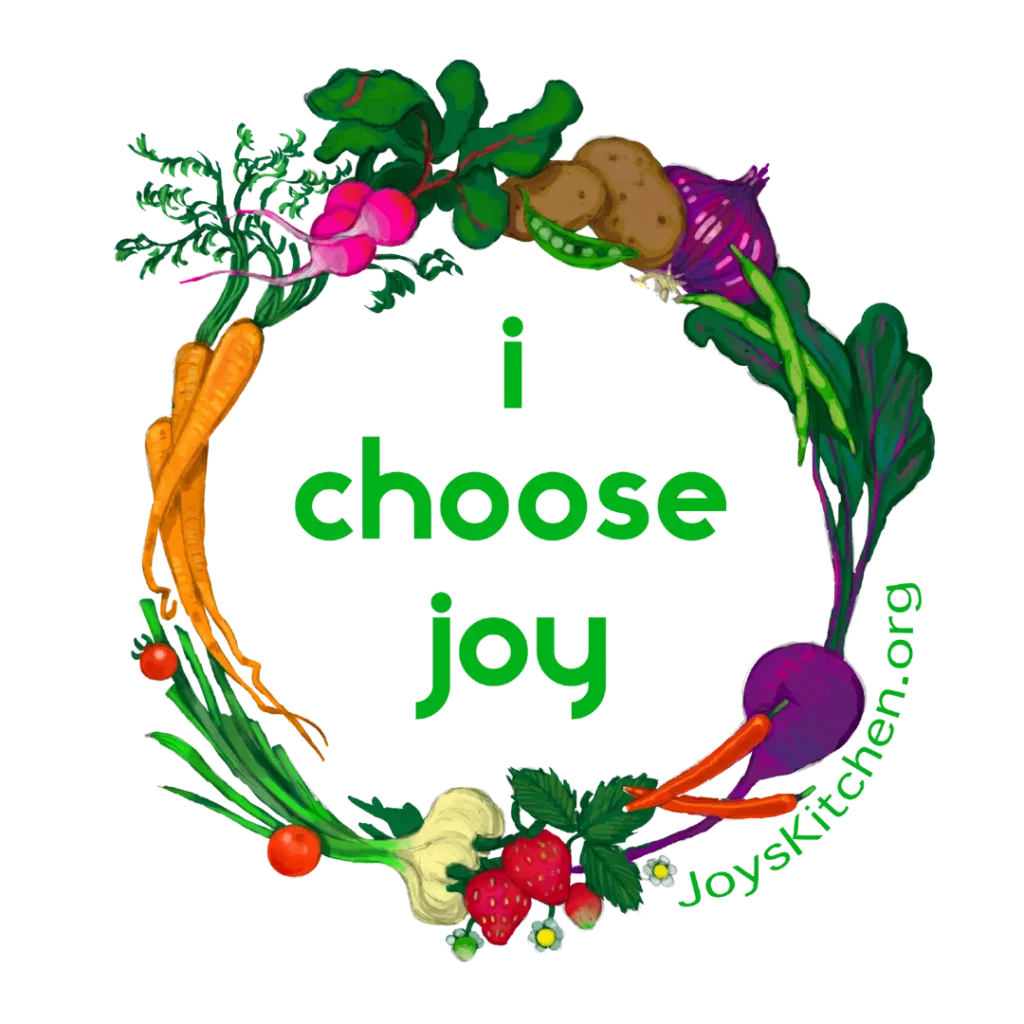A comprehensive Monitoring and Evaluation (M&E) Framework is essential to ensure the effectiveness and impact of Joy’s Kitchen’s programs and initiatives. This framework will help us measure our progress, identify areas for improvement, and make data-driven decisions to maximize our support for food security and sustainability. The following M&E Framework outlines the key performance indicators (KPIs), data collection methods, and reporting schedules for monitoring and evaluating Joy’s Kitchen’s impact:
Key Performance Indicators (KPIs):
- Number of families supported with rescued food each month
- Amount of food rescued and redistributed to families in need
- Number and diversity of partnerships and collaborations with local businesses, donors, and volunteers
- Number of events, workshops, and awareness campaigns organized or attended by Joy’s Kitchen
- Engagement metrics for website, social media, and email marketing (e.g., website traffic, social media followers, email open rates, etc.)
- Success stories and case studies showcasing the impact of Joy’s Kitchen’s efforts on food security and waste reduction
- Feedback from beneficiaries, supporters, and partners on the effectiveness and relevance of Joy’s Kitchen’s programs and services
Data Collection Methods:
- Food rescue and distribution records: Collect information about the volume and type of food rescued, the number of families supported, and their demographics.
- Event and workshop attendance records: Track the number of participants, their demographics, and any feedback provided during or after the event.
- Website, social media, and email analytics: Utilize analytics tools to measure engagement, reach, and user behavior across digital platforms.
- Surveys and interviews: Conduct periodic surveys and interviews with beneficiaries, supporters, and partners to gather feedback on Joy’s Kitchen’s programs and services.
- Case studies and success stories: Document the impact of Joy’s Kitchen’s efforts on food security and waste reduction through in-depth interviews, testimonials, and other qualitative data sources.
Reporting Schedules:
- Monthly: Compile internal reports on food rescue and distribution metrics, as well as website, social media, and email marketing metrics to inform ongoing operations and outreach efforts.
- Quarterly: Prepare and share quarterly reports with the Joy’s Kitchen team and board members, highlighting key achievements, challenges, and opportunities for improvement.
- Bi-annual: Conduct bi-annual surveys and interviews with beneficiaries, supporters, and partners to gather feedback and assess the impact of Joy’s Kitchen’s programs and services.
- Annual: Produce a comprehensive annual report, showcasing Joy’s Kitchen’s progress, impact, and key achievements over the past year. Share the report with supporters, beneficiaries, partners, and the wider community.
By implementing this Monitoring and Evaluation Framework, Joy’s Kitchen will be able to track its progress, assess the impact of its programs and initiatives, and make data-driven decisions to continuously improve its support for food security and sustainability in Colorado.


